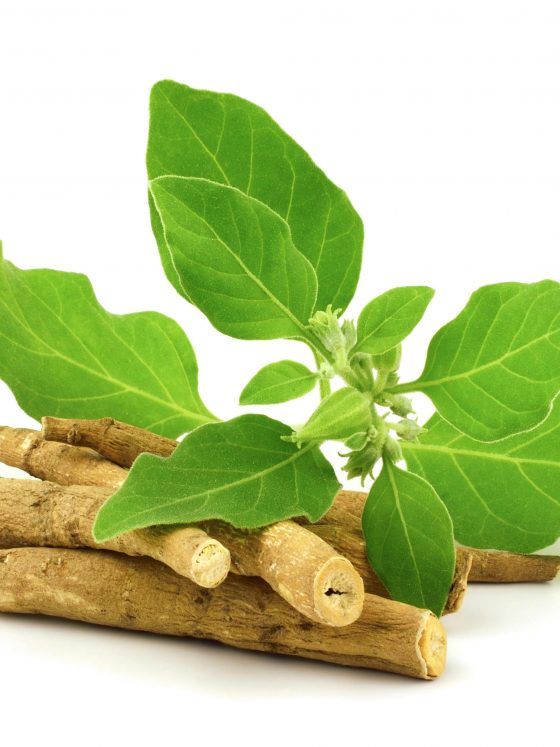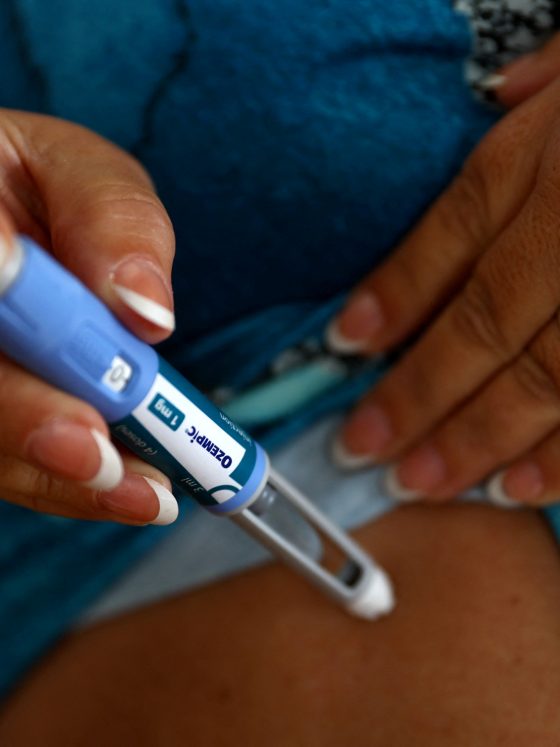Breast cancer, one of the most commonly diagnosed cancers in women worldwide, has multifaceted origins. From genetic predispositions and age to environmental factors such as stress, the contributing elements are numerous. Although no single food has been stamped with a guarantee to ward off breast cancer, the role of nutrition is undeniably substantial in cancer prevention. Studies have indicated that a staggering 40% of cancer cases might be influenced by our dietary choices. Embracing a diet rich in vibrant, colourful foods not only augments overall health but also arms the body in its relentless combat against cancerous cells. Furthermore, adhering to such a nutritional plan can significantly support those who are battling cancer and aid in post-diagnosis recovery.

The Power-Packed Greens: Broccoli
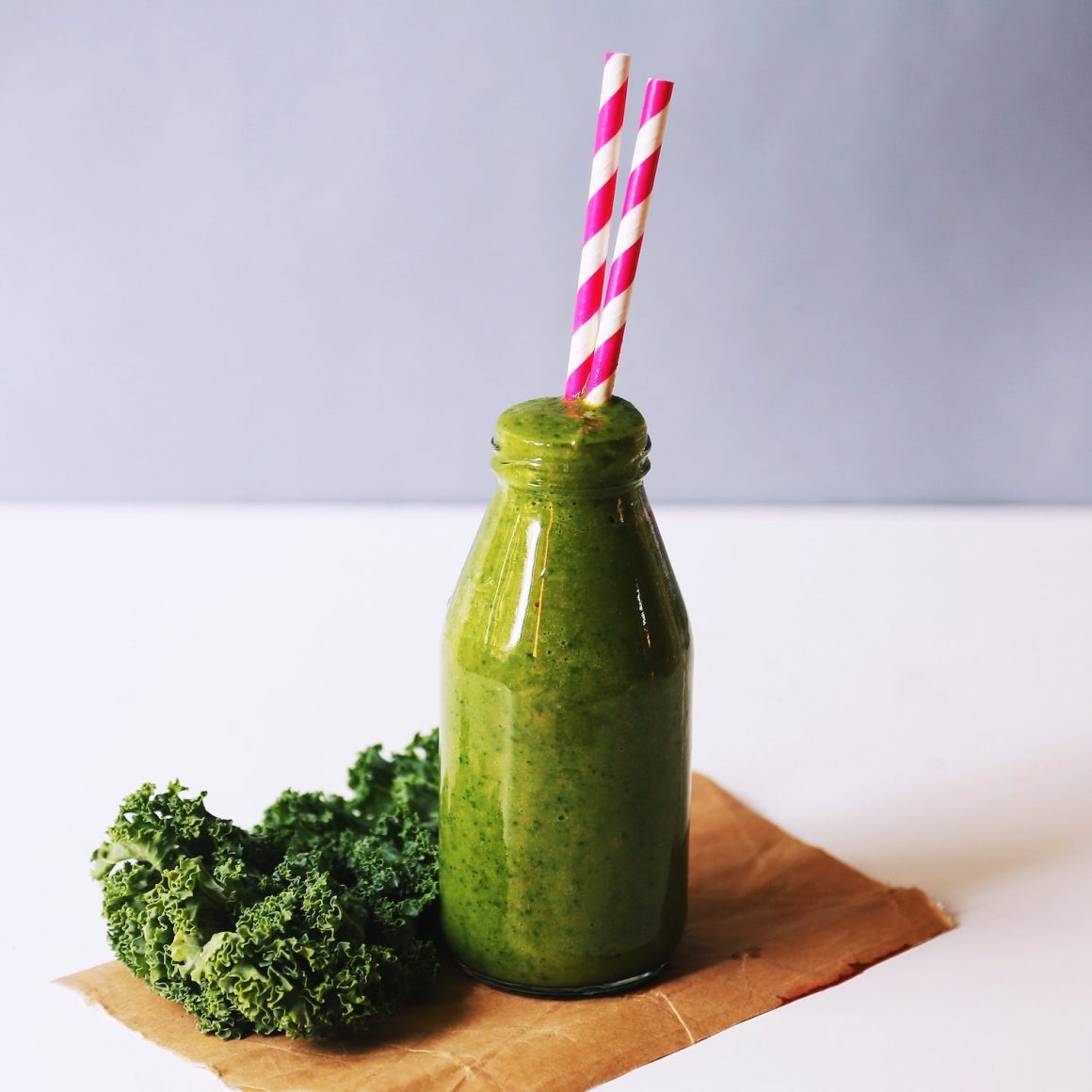
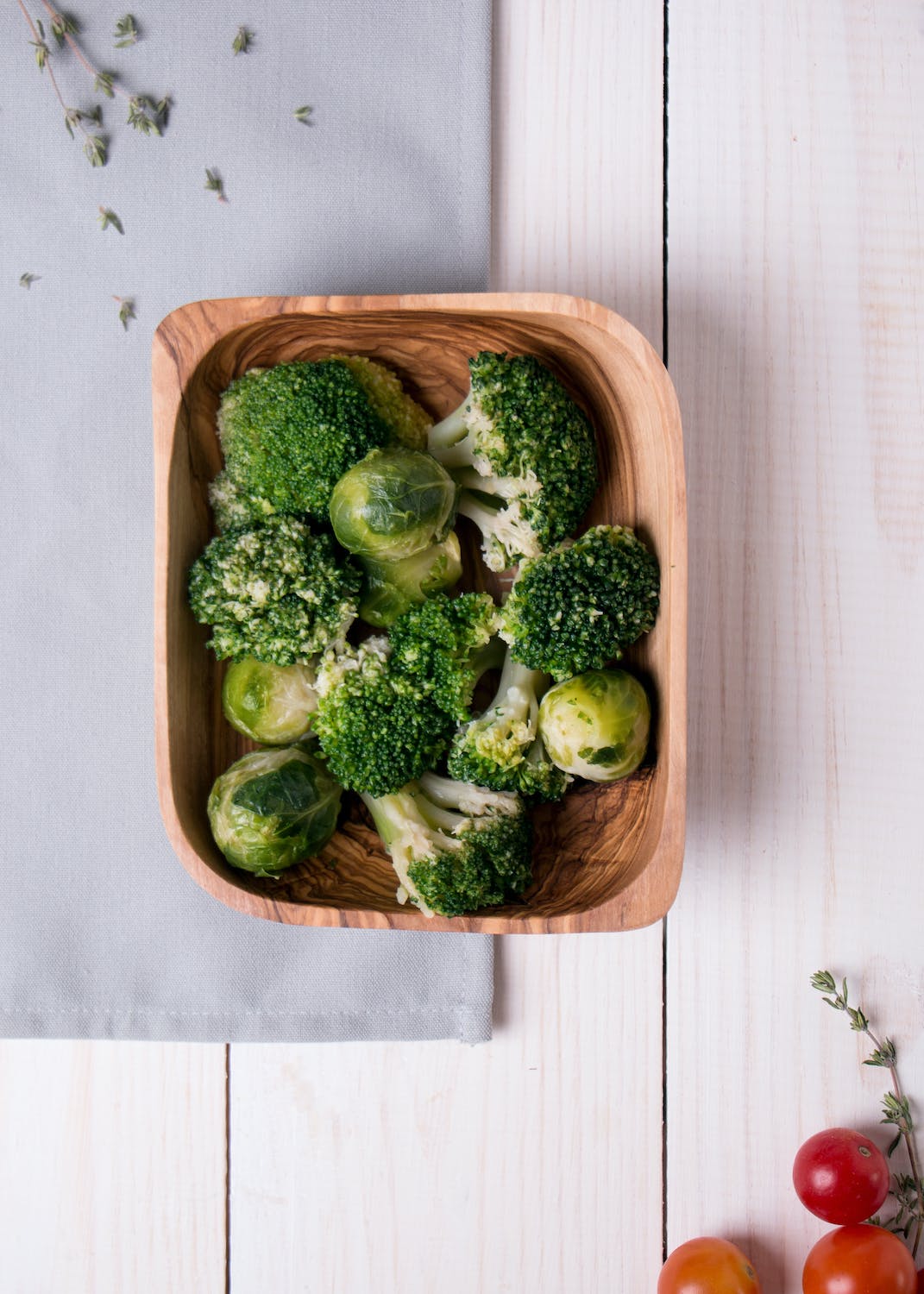
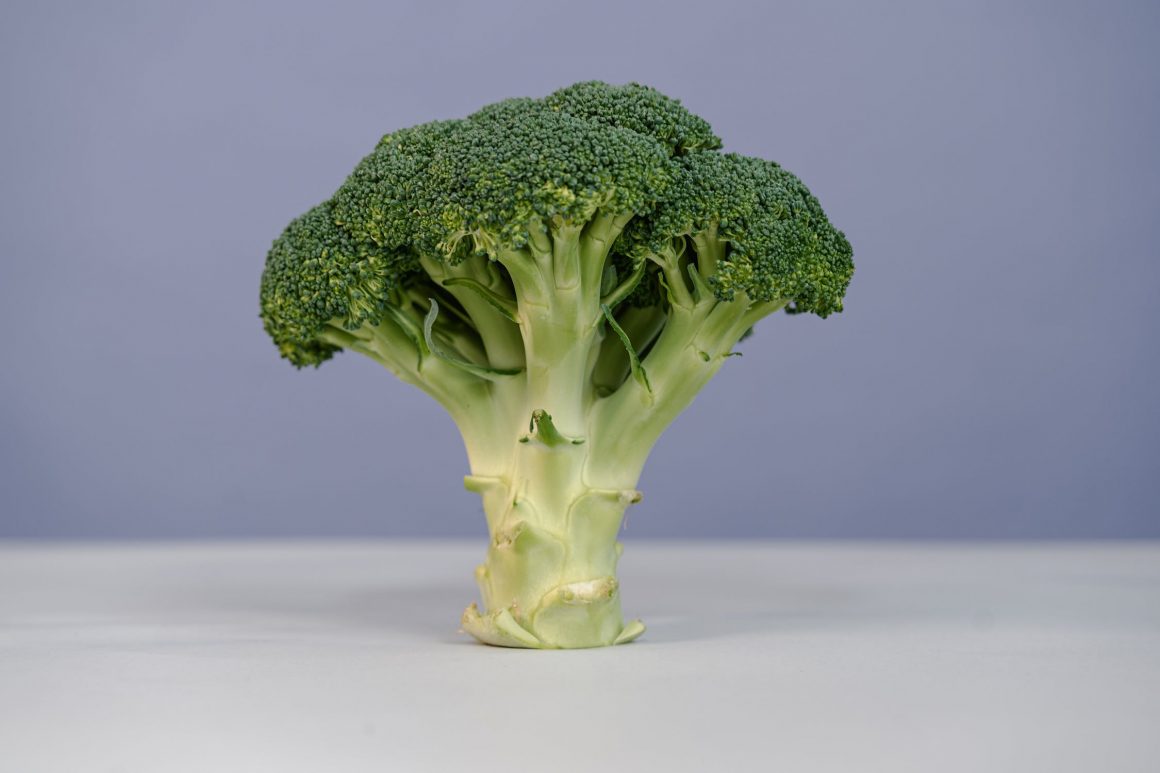
Broccoli, more than just a staple green vegetable, has shown potential in its fight against cancer. Research surrounding this green marvel has demonstrated its prowess in curbing the growth of tumours and hindering the spread of cancerous cells. Its cancer-fighting abilities are echoed in other members of its family, too, such as cauliflower, cabbage, Brussels sprouts, and kale. Incorporating these greens into one’s diet can serve as a potent line of defence.
The Golden Spice: Turmeric
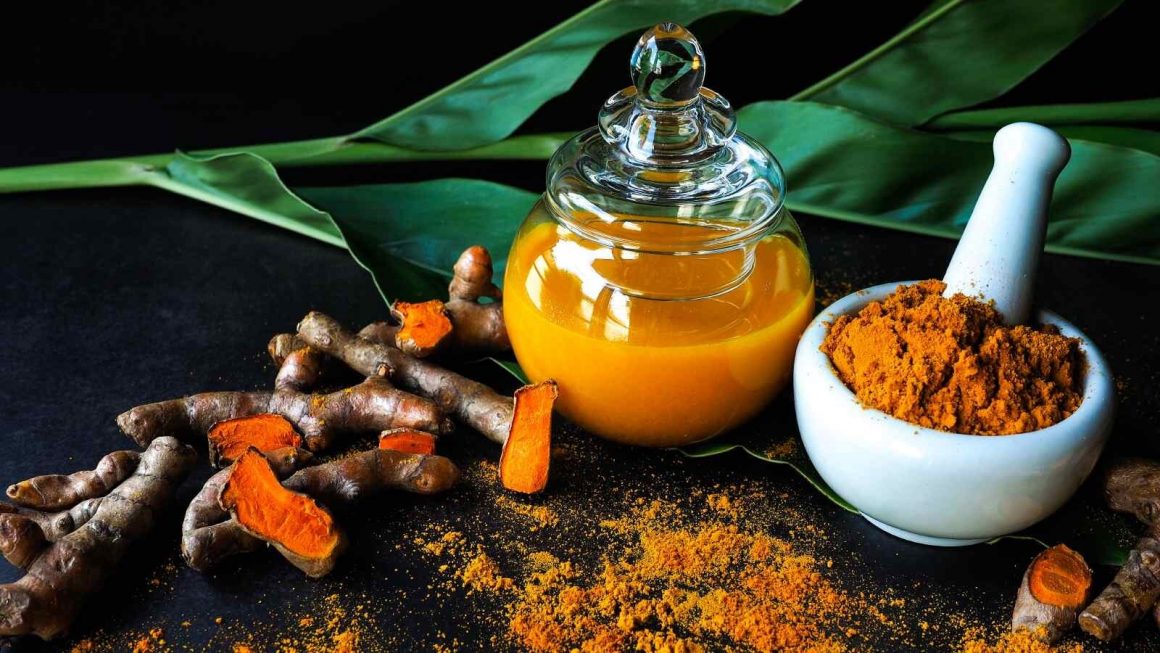
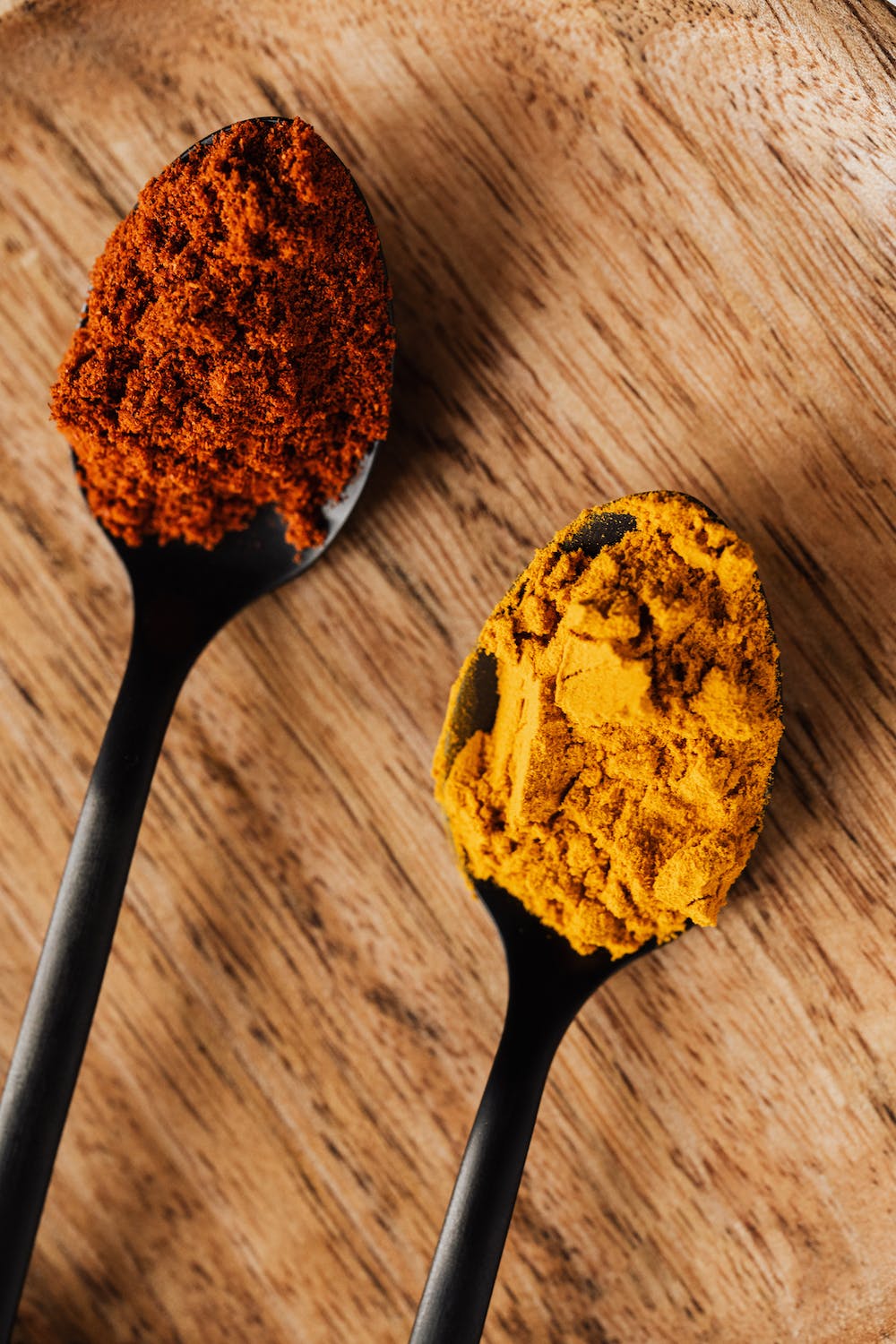
Turmeric, often considered the golden spice of the kitchen, is not just a flavour enhancer. Curcumin, its primary component, is known to boost the immune system, acting as a sentinel against potential threats. Furthermore, curcumin supplements have shown promise in countering breast cancer tumours. The anti-inflammatory properties of turmeric are an added boon, promoting holistic well-being. A simple addition of a pinch of this golden powder to soups, lentil preparations (dals), and leafy dishes can work wonders. Make it a staple of your culinary adventures for maximum benefit.
Nature’s Sweet Trove: Mixed Berries
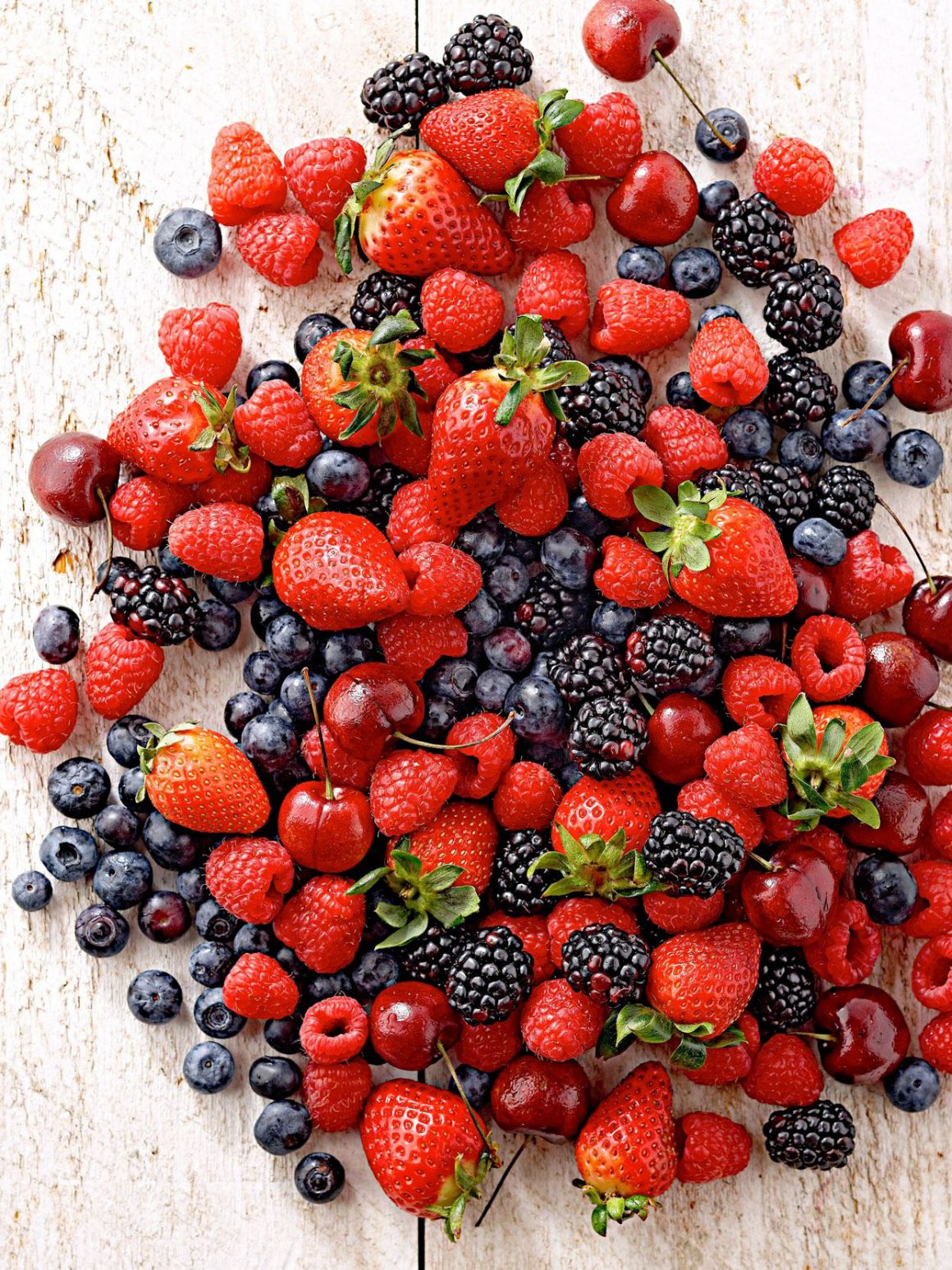
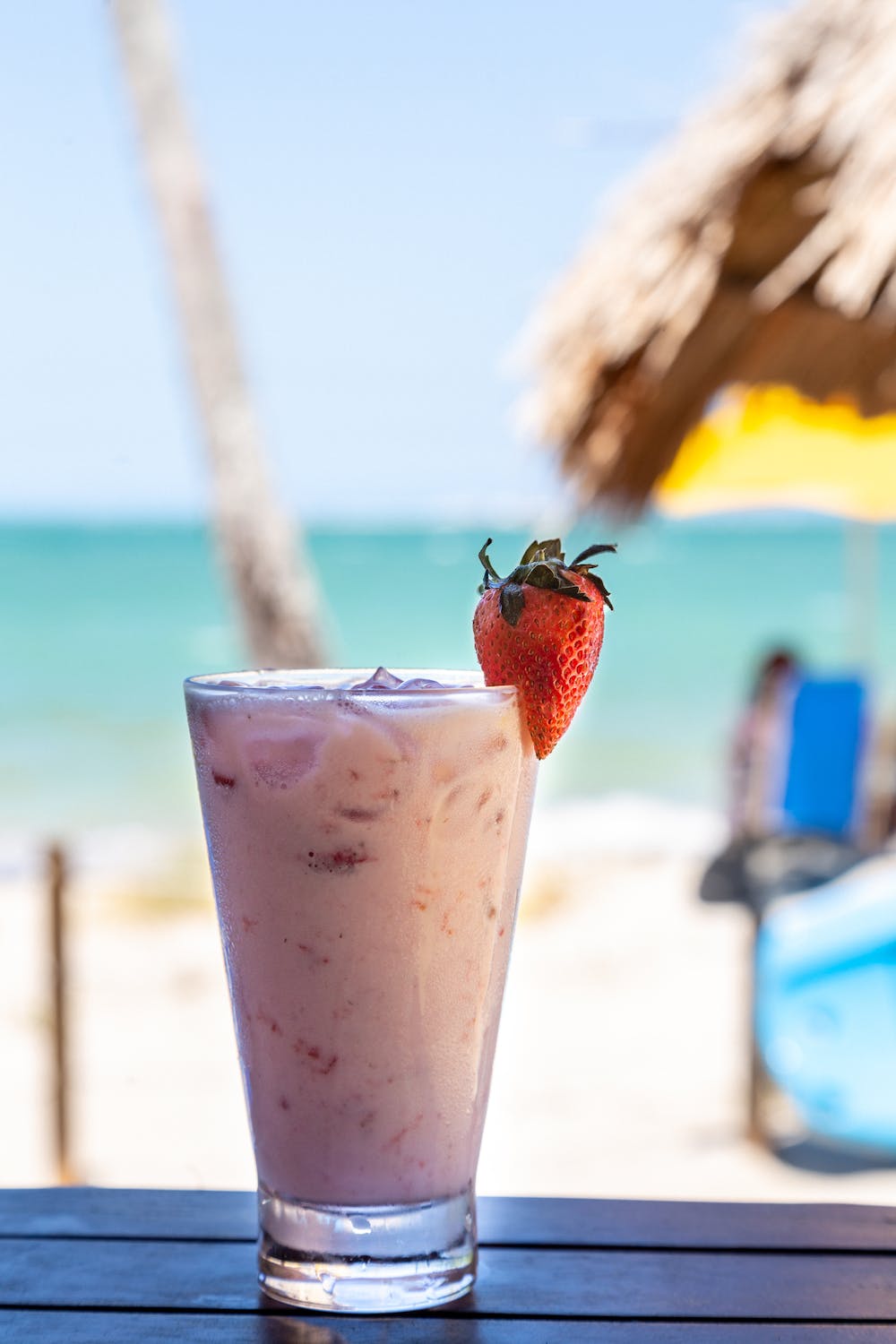
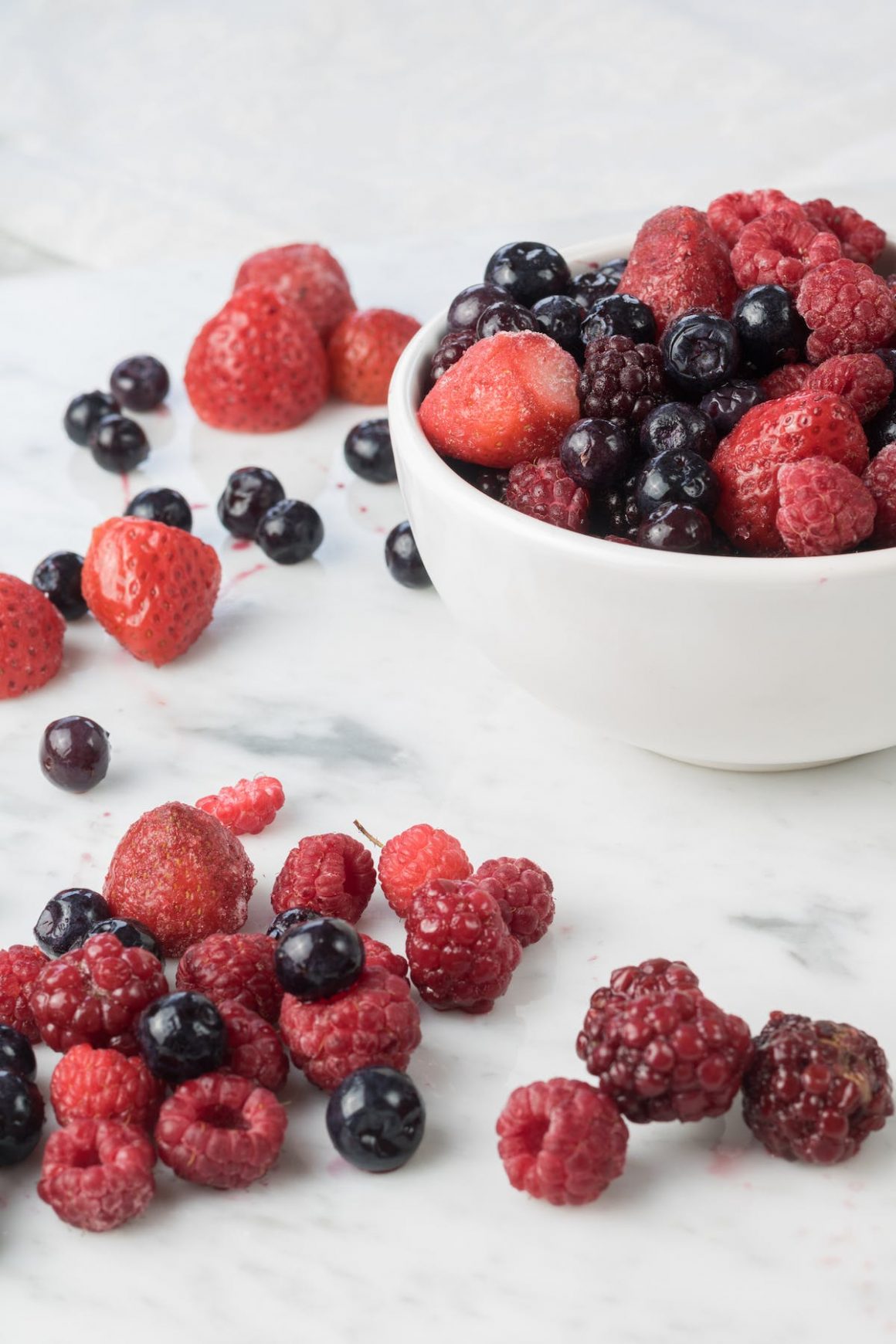
Nature’s candy berries come packed with an array of health benefits. Laden with antioxidants and anti-inflammatory compounds, a mix of berries—strawberries, blueberries, mulberries, and raspberries—serves as a vibrant addition to the cancer-prevention diet. Their innate properties can decelerate the growth of tumours and combat the proliferation of breast cancer cells. Make them a regular in your smoothies and desserts, or simply enjoy them fresh!
Essential Aromatics: Onions and Garlic
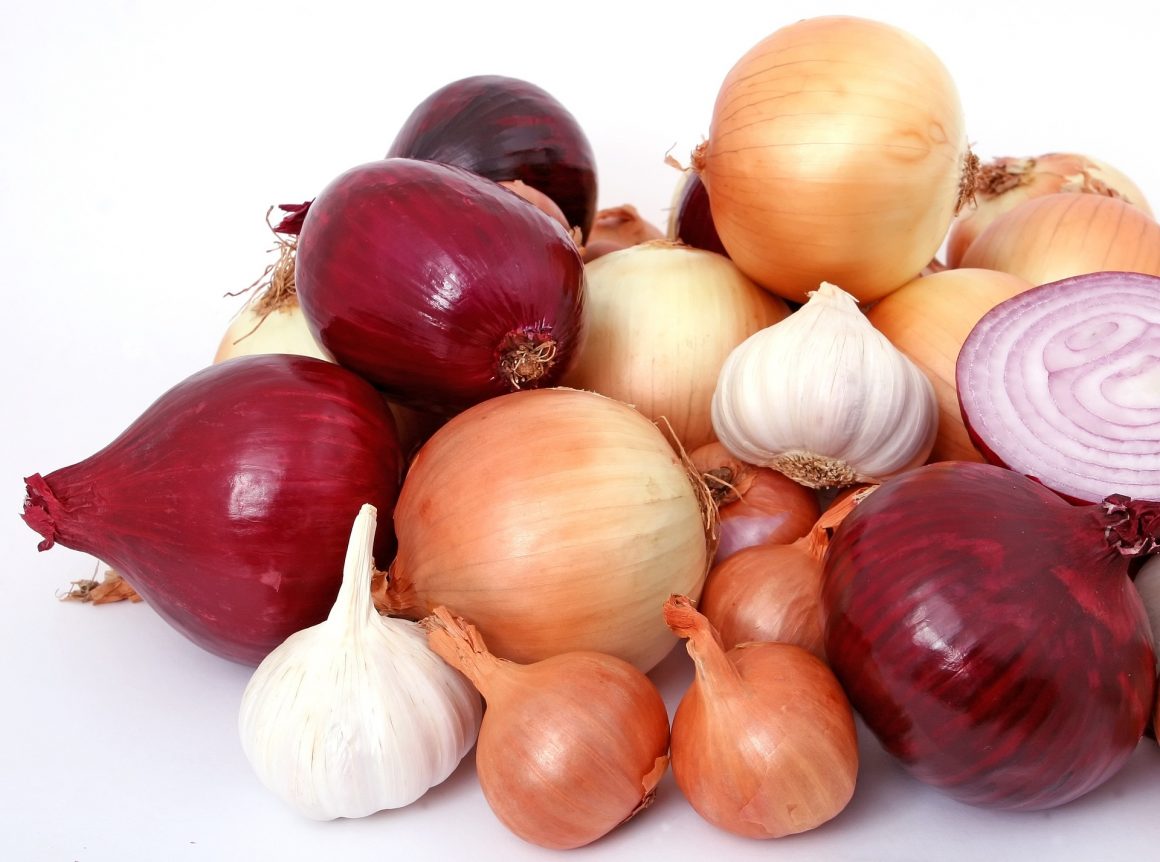
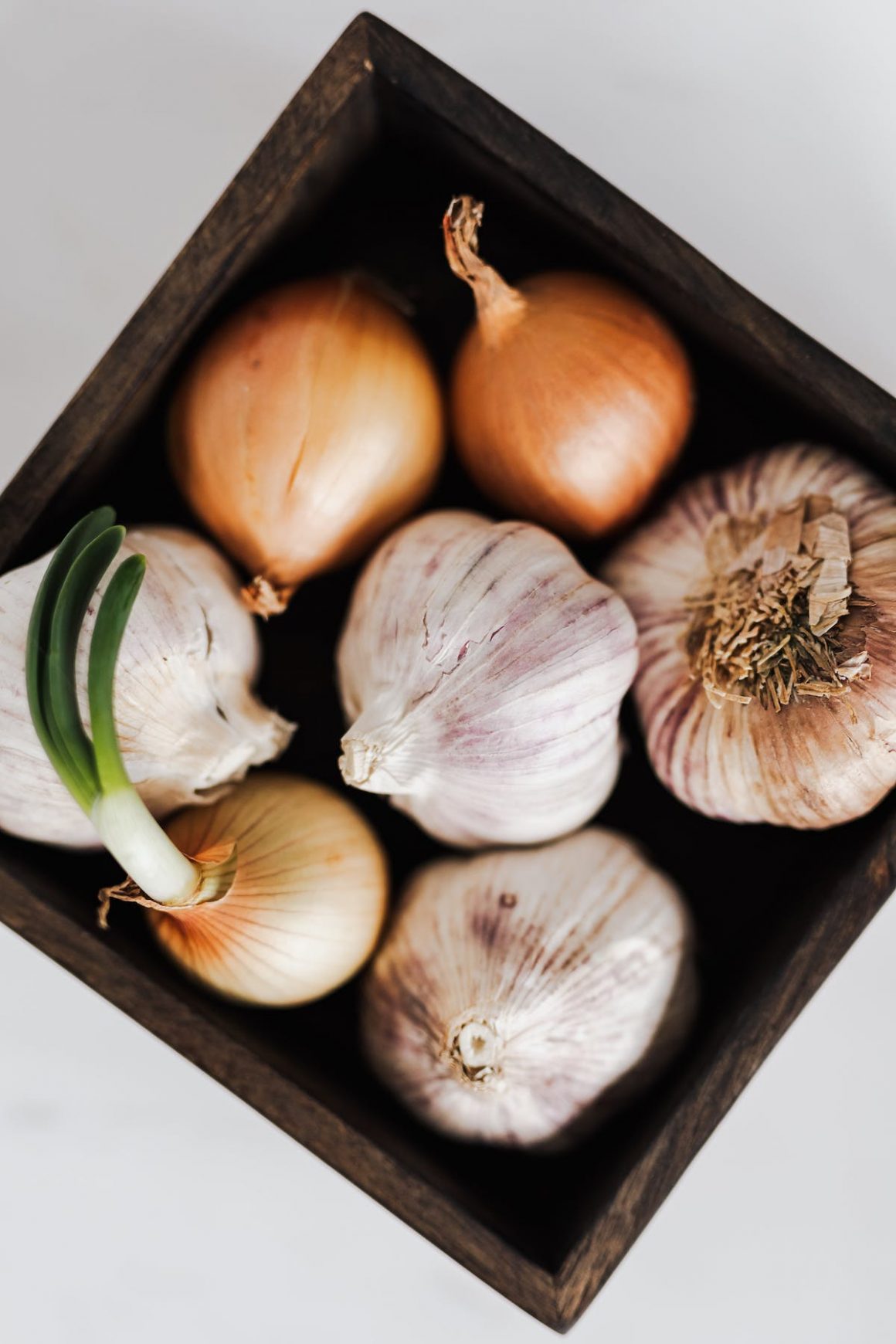
The aromatic duo of onions and garlic goes beyond flavouring dishes. They are fortified with allyl sulphides, compounds that bolster cell activity and act as a shield against breast cancer. However, a word of caution for those on blood thinners: It’s always wise to consult with a healthcare professional before making them a significant part of your diet.
Words of Wisdom from Health Experts:
- Eating Patterns: Opt for smaller, more frequent meals. It aids digestion and ensures sustained energy levels.
- Vitamin C-Rich Foods: Embrace foods overflowing with vitamin C. Think citrus fruits, amla, and limes—they’re not just delicious but health-packed, too.
- Nature’s Colour Palette: Prioritise red, yellow, and orange fruits and veggies for their rich vitamin A content—nature’s very own colour-coded health system!
- Good Fats and Vitamin E: Seek sources like oil seeds, nuts, fish, and eggs. They provide essential fats and vitamin E, which are crucial for cellular health.
- Avoiding the Unwanted: Steer clear of overly processed, artificially enhanced foods. This includes baked delights, certain sauces, pre-packaged meals, and those tempting sugar-laden treats.
- Sleep Rituals: Aiming for a consistent 8-hour sleep cycle can do wonders. Establishing a regular sleep pattern enhances overall well-being.
- Kitchen’s Medicinal Trove: Everyday spices and herbs like turmeric, cinnamon, cardamom, dry ginger powder, nutmeg, pepper powder, and saffron are potent antioxidants. Even in minuscule amounts, they can impart significant health benefits.
- Protein, The Building Block: A protein-rich diet accelerates recovery, especially for post-cancer therapy. Aim for 1 g of protein per kilogram of body weight daily. Reliable sources include eggs, meat, legumes, dairy products, nuts, and seeds.
- Supplementing the Diet: Nutritional supplements like multivitamins, especially B-complex, zinc, and vitamin D, can be vital in sustaining energy levels and vigour.
- Tailored Nutrition: Based on individual needs and as advised by healthcare professionals, one might consider protein formulations as nutritional supplements.




